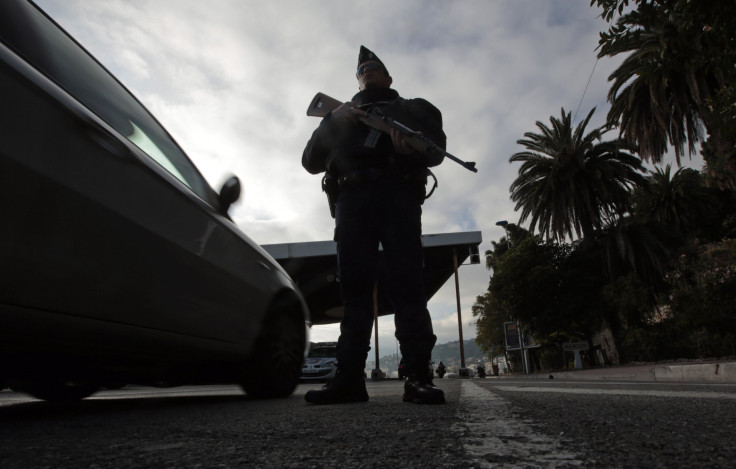Justice For Paris Attack Victims: As Police Search For Suspects, A Guide To How The French Legal System Works

French police have carried out dozens of raids and arrested numerous suspected militants after terrorist attacks in Paris Friday night that left 129 dead and hundreds more injured. Some of the attackers died in the assaults, but French authorities are looking for at least six named suspects who they suspect carried out the attacks, according to the BBC.
Paris police said Tuesday they have arrested 16 people since Sunday related to the attacks, which the Islamic State group, also known as ISIS, has claimed responsibility for. The International Criminal Court could get involved in the prosecution of any suspects, but France would most likely want to prosecute any suspects itself, according to ABC News. France’s choice to prosecute the suspects means the ICC, a court of last resort that prosecutes war crimes and crimes against humanity, would not be involved.
In the French court system, judges oversee most trials, and jurors aren’t needed, the New York Times reported in 2011. For more serious crimes, juries are required, and suspects are only charged after a state-appointed investigating judge looks at the evidence in the case to see if a trial is necessary. Cases involving suspected terrorists, however, are far different in that they have for years been overseen by magistrates who act as both judge and prosecutor.
In France’s legal system, counterterrorist investigative magistrates have broad authority in terror cases, Slate reported. While investigating terror cases, they can order wiretaps and detain suspects without charging them for days.
Counterterrorist judges can also authorize holding a suspect in prison for years while an investigation is ongoing, according to the 2009 book “The National Security Court System: A Natural Evolution of Justice in an Age of Terror,” by Glenn Sulmasy, a former law professor at the U.S. Coast Guard Academy and international law expert. Counterterrorist judges can also request police or intelligence agencies to assist them in investigations.
"France is at war," French President declares during historic speech to parliament. https://t.co/TiALi6kHbG
— CNN Breaking News (@cnnbrk) November 16, 2015
“This separate legal system, specifically tailored to terrorism and terrorist cases, has generally been accepted as necessary by the French people, who agreed that it was needed to confront the threat of terrorism,” Sulmasy wrote in his book.
It is still unknown how suspects would be charged or what court they would see, but French President Francois Hollande has made it clear his country has committed to fighting ISIS. He has also called for legislation that would help the government conduct more police raids without first getting a warrant, according to the New York Times.
© Copyright IBTimes 2024. All rights reserved.





















